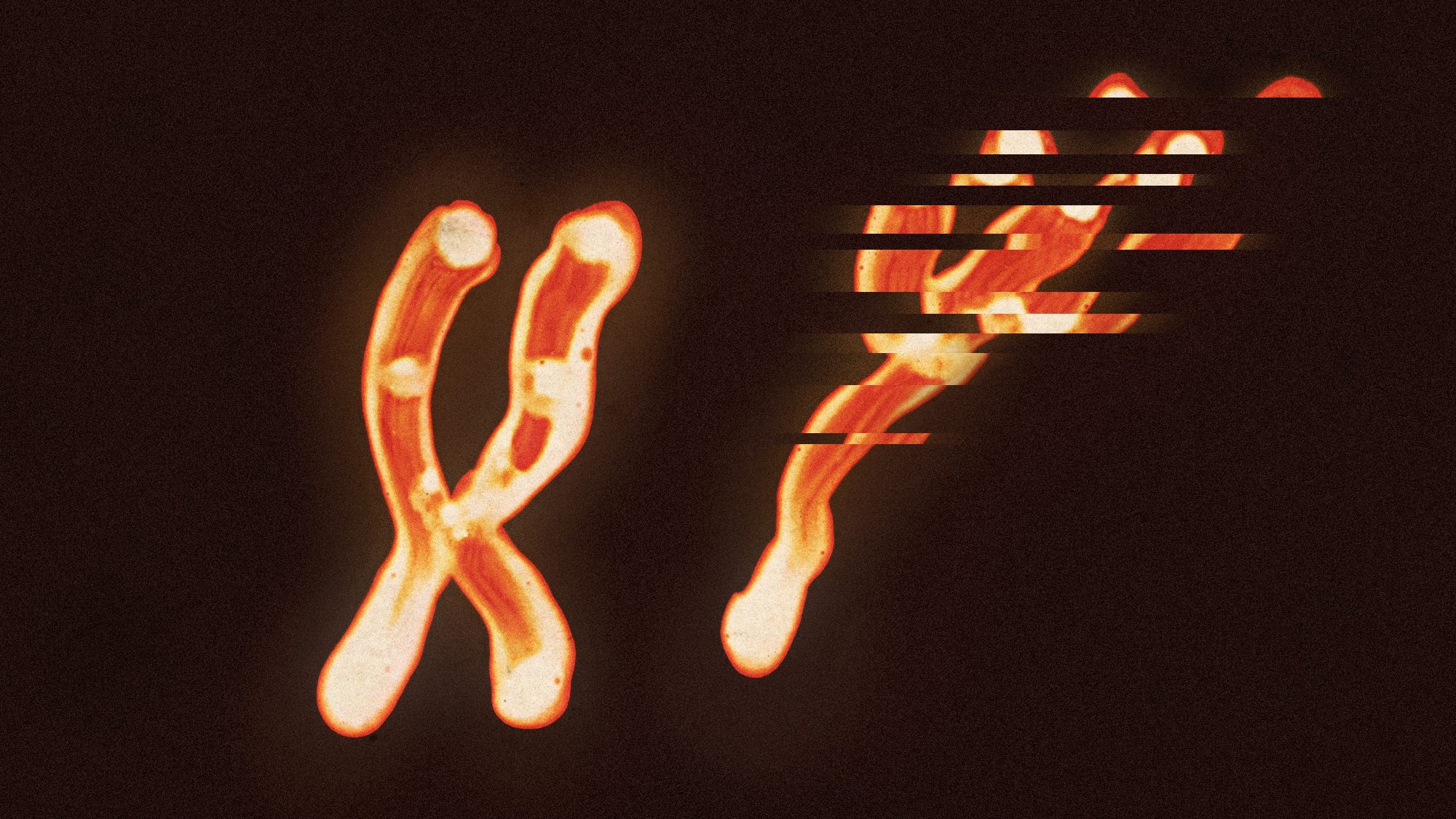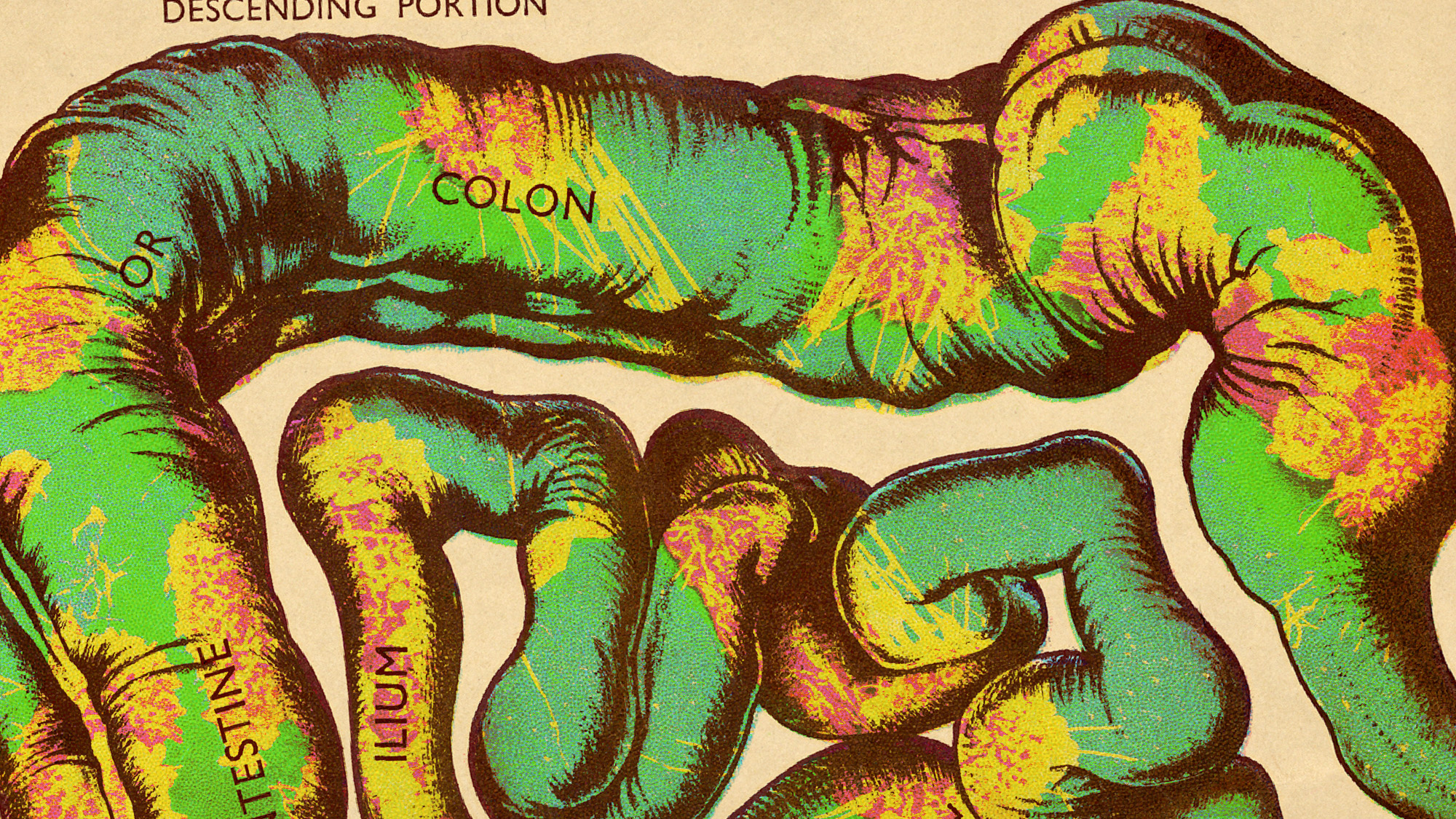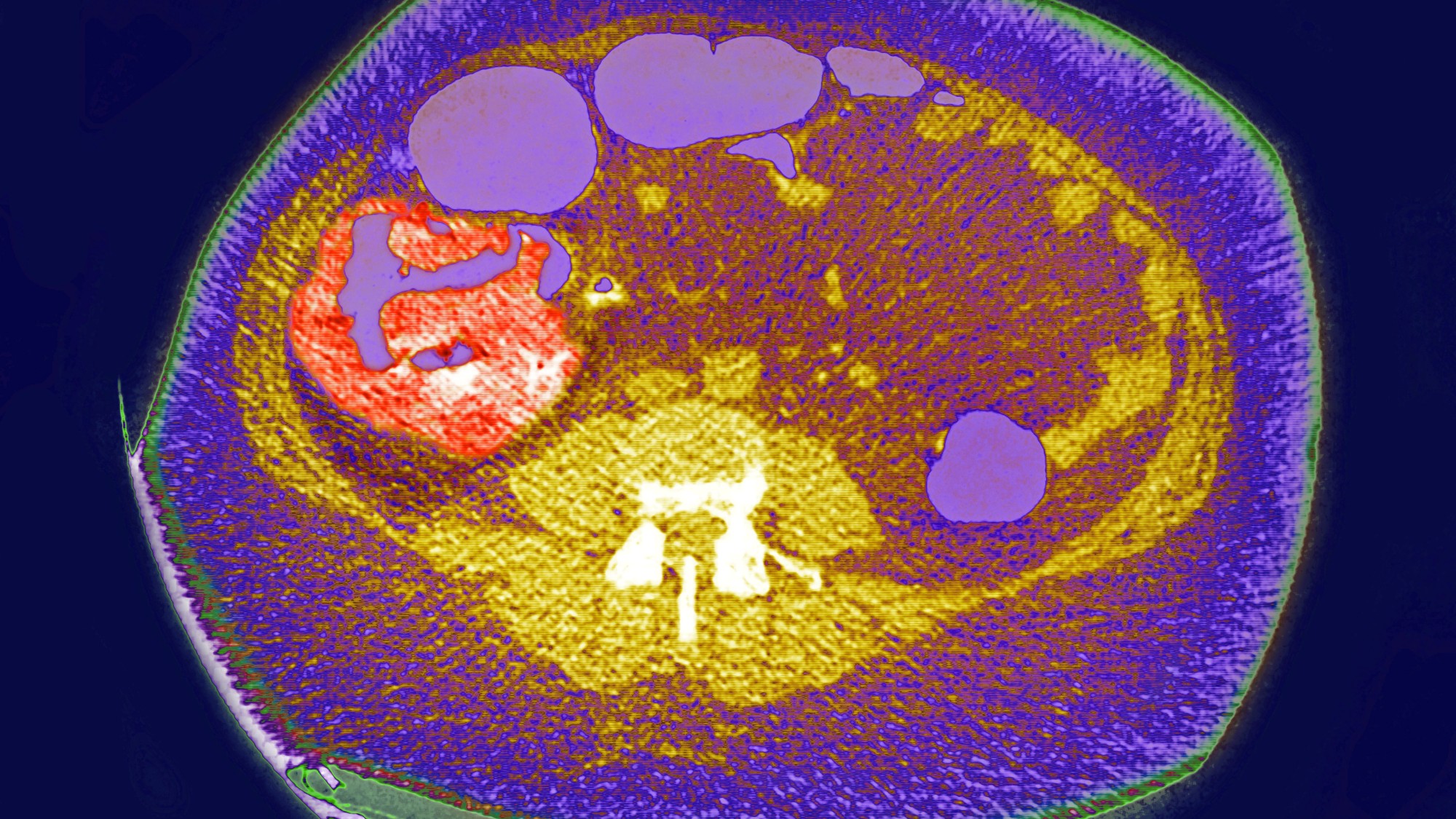Crunchy roast potatoes are cancer risk, watchdog warns
FSA warns cooking starchy foods at high temperatures can produce a harmful chemical

A free daily email with the biggest news stories of the day – and the best features from TheWeek.com
You are now subscribed
Your newsletter sign-up was successful
Eating crunchy roast potatoes could put you at risk of getting cancer, the government has warned.
Starchy foods such as potatoes, bread and root vegetables produce a chemical called acrylamide when cooked, high levels of which have been shown to cause cancer and neurological damage in mice, the Daily Mail reports.
Since acrylamide is created by the browning process, when food is cooked for long periods at more than 120C, the Food Standards Agency has urged people to "go for gold" and cook foods only until they are golden yellow, rather than brown or burnt.
The Week
Escape your echo chamber. Get the facts behind the news, plus analysis from multiple perspectives.

Sign up for The Week's Free Newsletters
From our morning news briefing to a weekly Good News Newsletter, get the best of The Week delivered directly to your inbox.
From our morning news briefing to a weekly Good News Newsletter, get the best of The Week delivered directly to your inbox.
This means roast spuds should not be "fluffed up" for a dark brown crispy surface and chunky chips are preferable to thin or crinkly fries, as the greater surface area increases acrylamide levels.
However, the Daily Telegraph says experts have accused the government of "massively overreacting" and that it is not clear if even a diet heavy in well-done roast potatoes would give enough of the chemical to form a cancer risk.
The paper adds that studies also only show the effects of acrylamide on mice and that research on humans has proven inconclusive.
Steve Wearne, of the Food Standards Agency, said: "You can't point to individual people and say that person has cancer because of the amount of acrylamide in their diet.
A free daily email with the biggest news stories of the day – and the best features from TheWeek.com
"But because the mechanisms by which it does have those effects in animals are similar to the mechanisms you imagine would take place in people, were exposure high enough, it's not a risk we can ignore."
The United Nations' scientific committee has also said the chemical is a "human health concern" and should be limited, reports The Independent.
Gavin Shears, a senior policy adviser in contaminants at the FSA, told the newspaper: "If you slightly overdo your roast potatoes on a Sunday, it's not that you have to throw them away. We're not asking people to cut out certain foods.
"This is about reducing your overall lifetime risk through simple steps."
-
 Secured vs. unsecured loans: how do they differ and which is better?
Secured vs. unsecured loans: how do they differ and which is better?the explainer They are distinguished by the level of risk and the inclusion of collateral
-
 ‘States that set ambitious climate targets are already feeling the tension’
‘States that set ambitious climate targets are already feeling the tension’Instant Opinion Opinion, comment and editorials of the day
-
 Mixing up mixology: The year ahead in cocktail and bar trends
Mixing up mixology: The year ahead in cocktail and bar trendsthe week recommends It’s hojicha vs. matcha, plus a whole lot more
-
 The truth about vitamin supplements
The truth about vitamin supplementsThe Explainer UK industry worth £559 million but scientific evidence of health benefits is ‘complicated’
-
 Covid-19 mRNA vaccines could help fight cancer
Covid-19 mRNA vaccines could help fight cancerUnder the radar They boost the immune system
-
 Deadly fungus tied to a pharaoh's tomb may help fight cancer
Deadly fungus tied to a pharaoh's tomb may help fight cancerUnder the radar A once fearsome curse could be a blessing
-
 'Poo pills' and the war on superbugs
'Poo pills' and the war on superbugsThe Explainer Antimicrobial resistance is causing millions of deaths. Could a faeces-filled pill change all that?
-
 The Y chromosome degrades over time. And men's health is paying for it
The Y chromosome degrades over time. And men's health is paying for itUnder the radar The chromosome loss is linked to cancer and Alzheimer's
-
 A bacterial toxin could be contributing to the colorectal cancer rise in young people
A bacterial toxin could be contributing to the colorectal cancer rise in young peopleUnder the radar Most exposure occurs in childhood
-
 Why are more young people getting bowel cancer?
Why are more young people getting bowel cancer?The Explainer Alarming rise in bowel-cancer diagnoses in under-50s is puzzling scientists
-
 Five medical breakthroughs of 2024
Five medical breakthroughs of 2024The Explainer The year's new discoveries for health conditions that affect millions